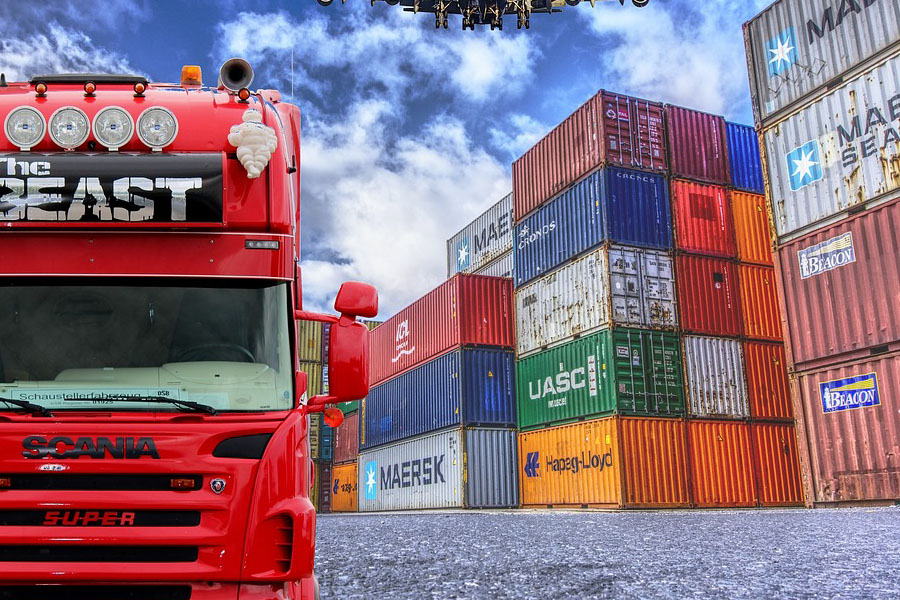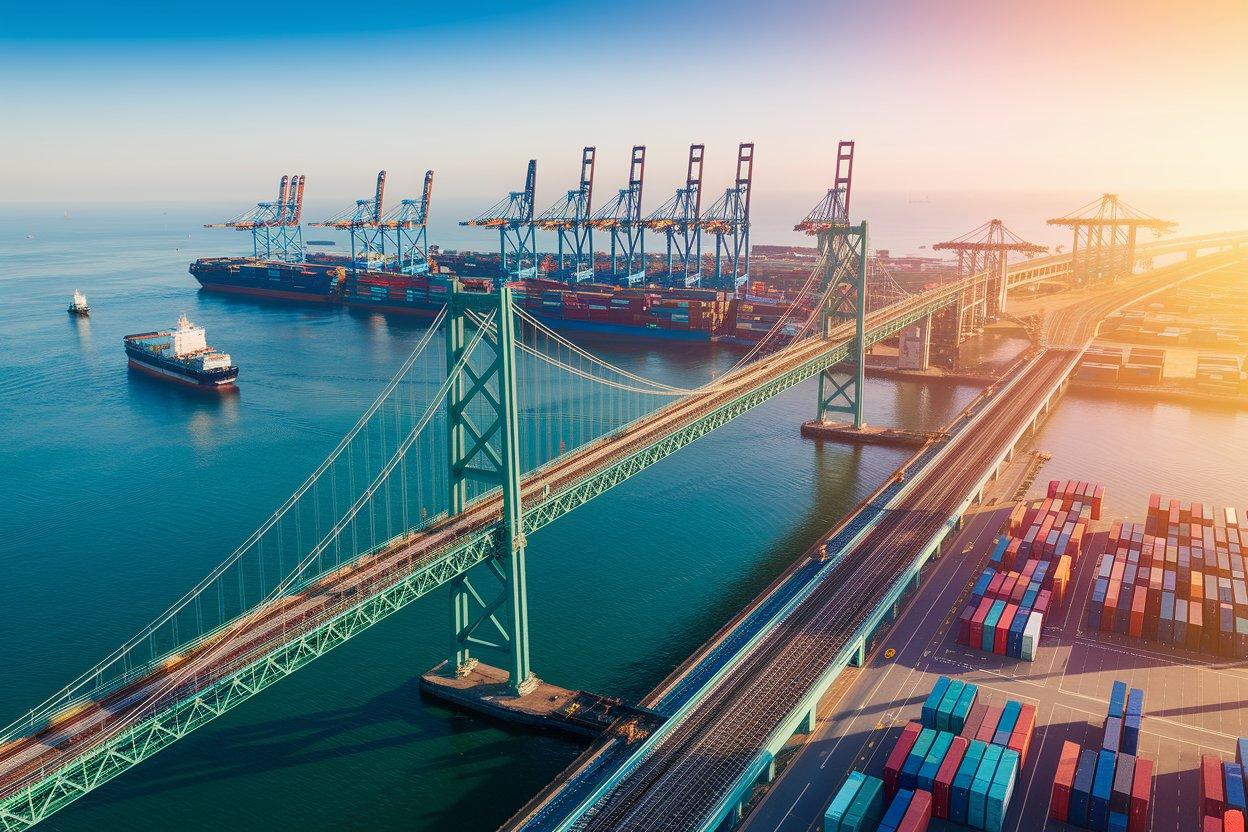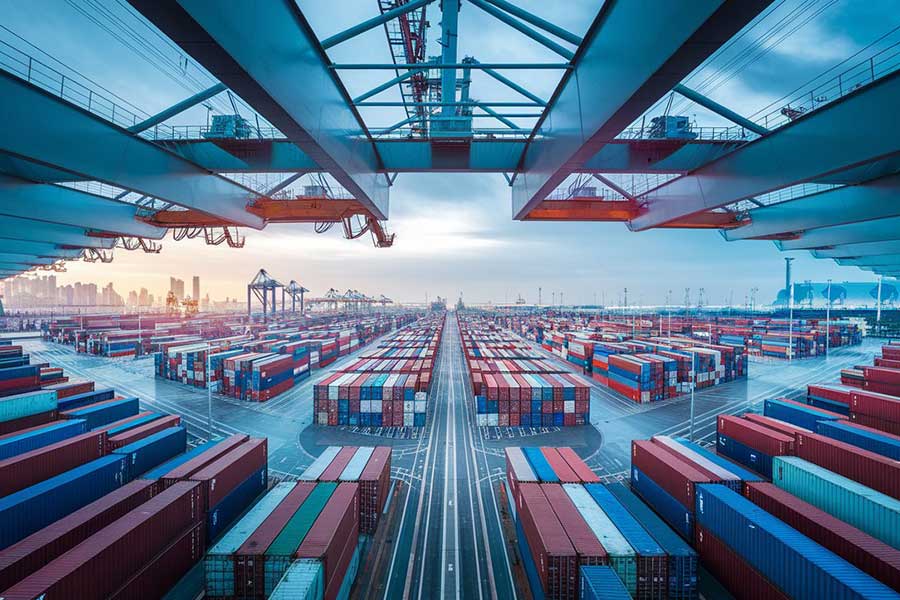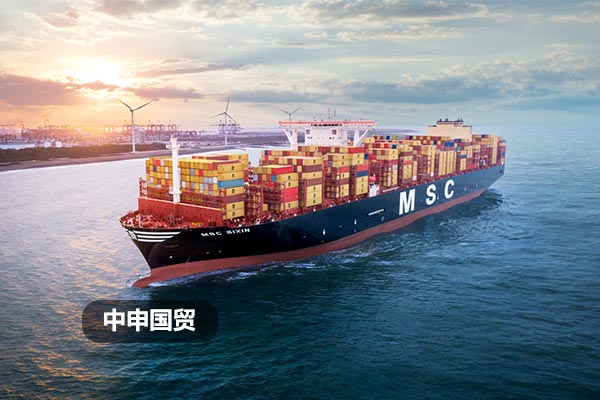- Shanghai Zhongshen International Trade Co., Ltd. - Two decades of trade agency expertise.
- Service Hotline: 139 1787 2118
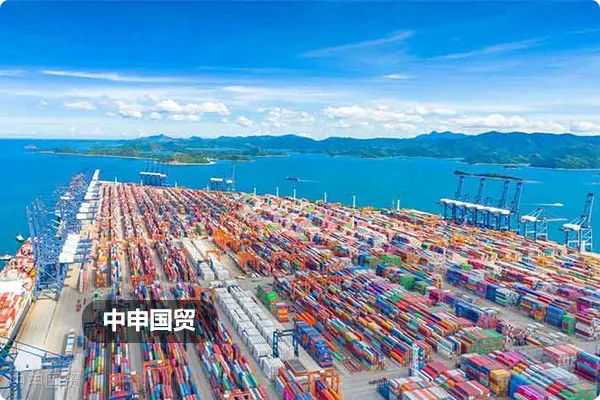
service expert with 20 years of industry experience, this article will systematically analyze the core points of clothingExport RepresentationWhat specific functions does it actually undertake?
As a professional service provider connecting domestic and international markets, legitimateimport and exportThe agent enterprise must simultaneously possessThree core competencies:
- Customs clearance practical handling: Includes professional operations such as HS code classification, origin certification, and tariff calculation.
- Supply Chain Integration: IntegrateMaritime Transportation/Air TransportationResources, handling complex procedures such as customs clearance at the destination port.
- Risk control system: Establish risk control mechanisms such as L/C document review and trade compliance review.
Taking a certain year in 2022 as an example,Medical EquipmentTaking export cases as an example, the agency company reduced customs clearance time by 40% through pre-classification declarations and saved 12% in tariff costs by utilizing preferential rates under free trade agreements, fully demonstrating its professional value.
Why do small and medium-sized enterprises need agency services?
According to the 2024 data from the General Administration of Customs of China, the import and export volume handled by entrusted customs declaration agents accounted for 68.7% of the total, reflecting the rigid market demand. The specific advantages are reflected in:
- Cost control: Avoid self-buildingforeign tradeThe annual human resource cost for the team ranges from 800,000 to 1.5 million yuan.
- Time - limit guarantee: Professional team handles unexpected issues (such as customs inspections) with response speed increased by 3 times
- Policy Utilization: The application rate of the upgraded RCEP clauses, which will take effect in 2025, is expected to reach 92%.
How to Identify a High-Quality Proxy Service Provider?
It is recommended to evaluate partners from five dimensions:
- Qualification Verification:
- Priority given to AEO-certified enterprises
- International freight forwarding qualification (FIATA)
- Industry Reputation: Focus on examining operational cases of similar products
- Technical capabilities: Is an intelligent customs declaration system equipped?
- Service network: Overseas customs clearance cooperation network coverage
- Compliance Record: Customs Penalty Records Inquiry for the Past Three Years
What exactly does the agency service fee include?
Typical fee structure includes:
- Basic agency fee (0.5%-1.2% of the cargo value)
- Document Handling Fee (200-800 RMB per shipment)
- Abnormal Situation Handling Deposit (Refundable)
- Time - limit requirementsFX Settlement AgencyTransaction fee (0.1%-0.3%)
Professional agencies can effectively prevent and control three core risks:Hidden cost trapFor example, in 2024, a certain enterprise incurred an additional expenditure exceeding the budget by 27% due to the failure to clearly verify the allocation ratio of warehousing fees.
Are there legal risks in agency relationships?
Three major risk scenarios requiring heightened vigilance:
- Joint liability risk:The customs administrative penalty was caused by the agent's operational error.
- Payment security risk: Fund supervision in the collection and payment process
- Intellectual Property Risk: Infringement disputes arising from false declaration elements
It is recommended toTripartite AgreementClearly define the boundaries of responsibilities and cover major risks with trade credit insurance.
What are the new trends in the agency industry in 2025?
The industry is undergoing three major changes:
- Digital Upgrade: The application rate of blockchain traceability systems is expected to reach 65%.
- Professional specialization: appearsNew energy, biotechnology and pharmaceutical vertical domain agency service providers
- Green logistics: Carbon tariff accounting becomes a standard proxy service item
It is recommended that enterprises select service providers with an ESG management system to meet the new requirements of international supply chains.
Related Recommendations
? 2025. All Rights Reserved. Shanghai ICP No. 2023007705-2  PSB Record: Shanghai No.31011502009912
PSB Record: Shanghai No.31011502009912

